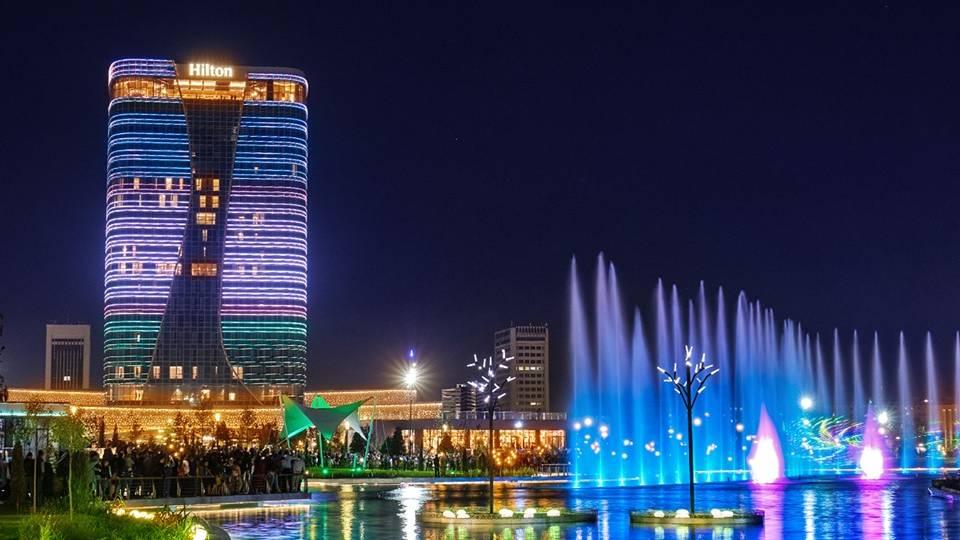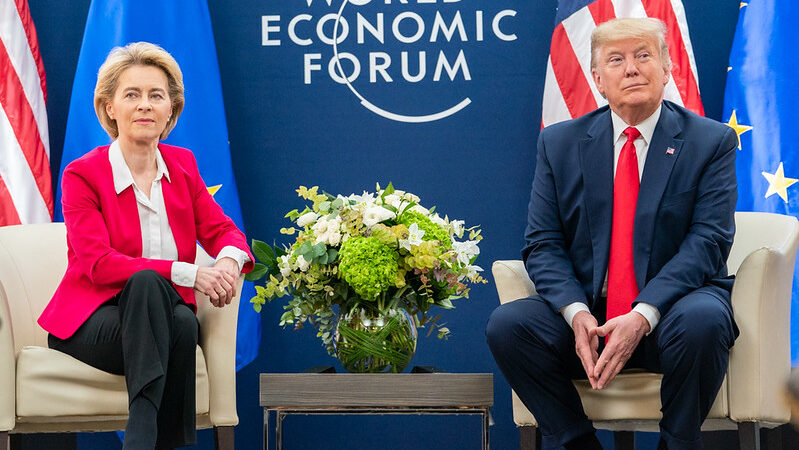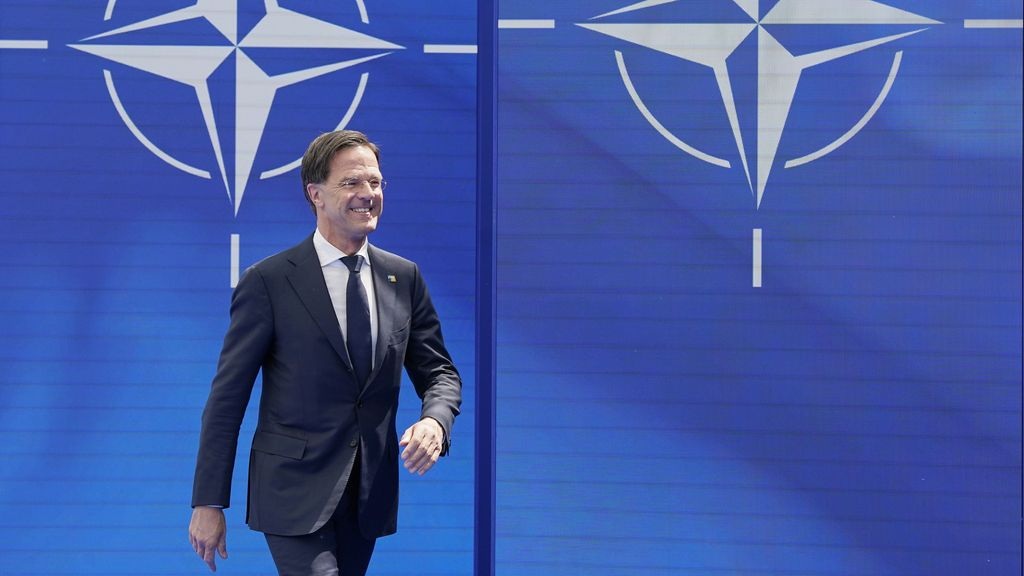
The latest edition of the World Bank’s Economic Update for the Europe and Central Asia region was released. The report contains the analysis of the situation in 23 economies of the region and forecasts related to their social and economic development in 2021 and 2022. It also covers the recent developments in and outlook for Uzbekistan which are explained below.
The medium-term economic outlook remains favorable, as global conditions improve, and as authorities advance reforms to reduce the role of state-owned enterprises in the economy to strengthen private sector-led growth and production efficiency. Translating this outlook into faster poverty reduction will require a stronger focus on inclusive reforms that increase official employment, incomes, and opportunities.
GDP growth slowed sharply in 2020 (to 1.6 percent from 5.8 percent in 2019) due to COVID-19–related lockdowns and trading disruptions. Uzbekistan was one of the few countries in the region to record an economic expansion in 2020 (see Table 1 below). Positive growth was supported by robust agriculture output and substantial anti-crisis measures that boosted health spending and supported households and firms. Fiscal stimulus and lower public investment due to the pandemic lifted consumption in 2020, making it the main driver of growth for the first time in over a decade.
The unemployment rate rose sharply, from 9 percent in 2019 to 11.1 percent in September 2020. The poverty rate rose to 9 percent (well above the precrisis projection of 7.4 percent in 2020) as the pandemic led to job losses, income reductions, and declining remittances. A large expansion of social assistance provided some relief to Uzbekistan’s affected households.

The current account deficit narrowed to 5.2 percent of GDP in 2020 (from 5.7 percent in 2019), reflecting an 18 percent surge in gold exports that helped limit the decline in total exports to 15 percent in 2020. Import spending fell by 17 percent as capital imports declined sharply. Higher external borrowing helped finance the deficit.
Lower revenues and higher spending widened the overall fiscal deficit to 4.4 percent of GDP in 2020 (from 3.9 percent in 2019). Slower GDP growth and tax relief measures in the government's fiscal stimulus package (2.5 percent of GDP) reduced revenues, while spending increases in the package drove up expenditures.
Higher gold dividends, the reprioritization of some public expenditure, and a sharp fall in policy lending largely offset the impact of the fiscal stimulus and contained the deficit. Higher borrowing to finance the deficit increased public and publicly guaranteed debt to 37.9 percent of GDP in 2020. Foreign exchange reserves equivalent to 60 percent of GDP provide a substantial buffer.
Smaller increases in administered prices because of the pandemic offset higher food prices to slow 12-month inflation to 11 percent in December 2020 (from 15.2 percent a year earlier). With inflationary pressures low, the Central Bank of Uzbekistan reduced its policy rate from 16 percent to 14 percent. Credit growth in 2020 slowed to 34 percent (from 52 percent in 2019), reflecting higher real lending rates, lower government-subsidized lending, and the impact of COVID-19.
Firms and households also received significant loan repayment deferrals during the year. The banking sector’s capital adequacy ratio fell to 18.4 percent in November 2020 (from 23.5 percent at end-2019). As a result of the pandemic, nonperforming loans tripled to 4.5 percent in November 2020. Nevertheless, Uzbekistan’s financial system remains sufficiently capitalized to absorb potential credit shocks.
GDP growth is projected to recover to 4.8 percent in 2021. However, this forecast is subject to uncertainty surrounding the global recovery and the potential pace of the country’s COVID-19 vaccination campaign.
A gradual resumption of trade and investment flows, a bountiful agricultural harvest, a recovery of remittances, and vaccine distribution will support the recovery and spur further reductions in poverty and unemployment. Stronger GDP growth of 5.5 percent is projected in 2022 as vaccination efforts accelerate and global disruptions ease further.
The current account deficit is projected to widen to 5.5 percent of GDP in 2021 as capital imports for large investment projects recover. Although foreign direct investment is expected to partially recover from its decline in 2020, public and private borrowing are expected to continue financing most of the deficit. Lower budget revenues, vaccine purchases, expanding social support, and increased policy lending are expected to contribute to a wider overall fiscal deficit of 5.4 percent of GDP in 2021.
This deficit will be financed by increased public borrowing. Uzbekistan’s public debt is projected to reach 42 percent of GDP in 2021 and stabilize at about 45 percent over the medium term. As conditions for households and firms improve, a gradual withdrawal of anti-crisis measures will reduce the deficit over the medium term.
By Sher Karimov




